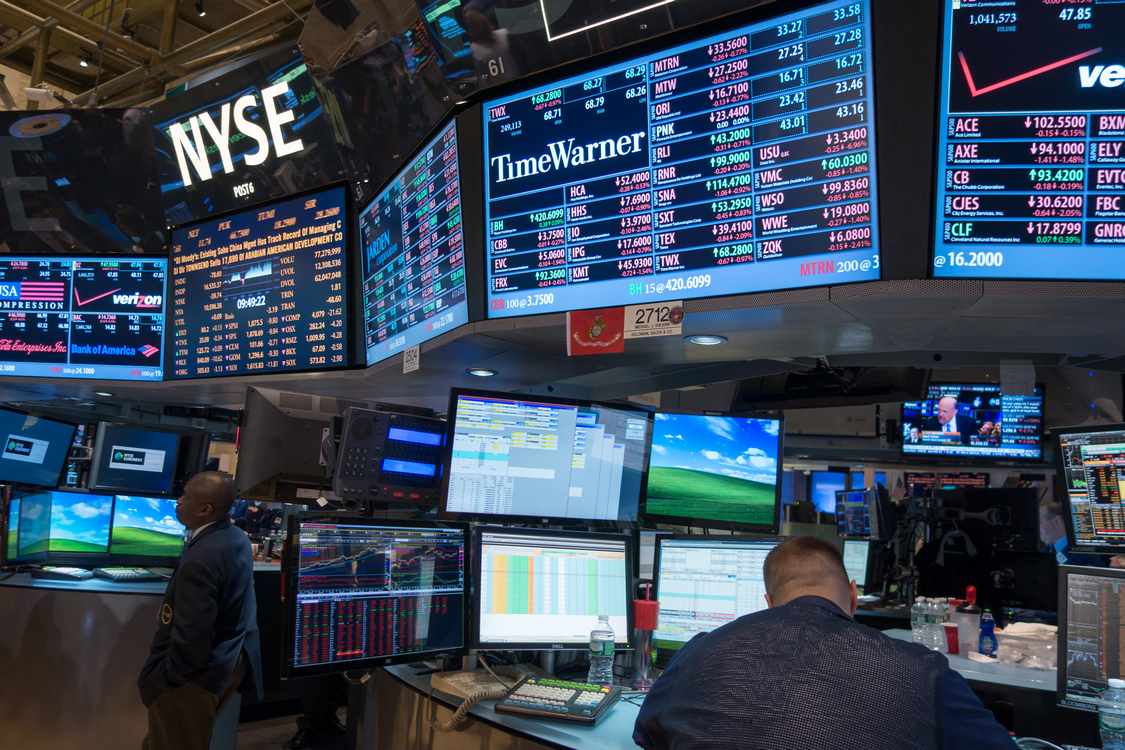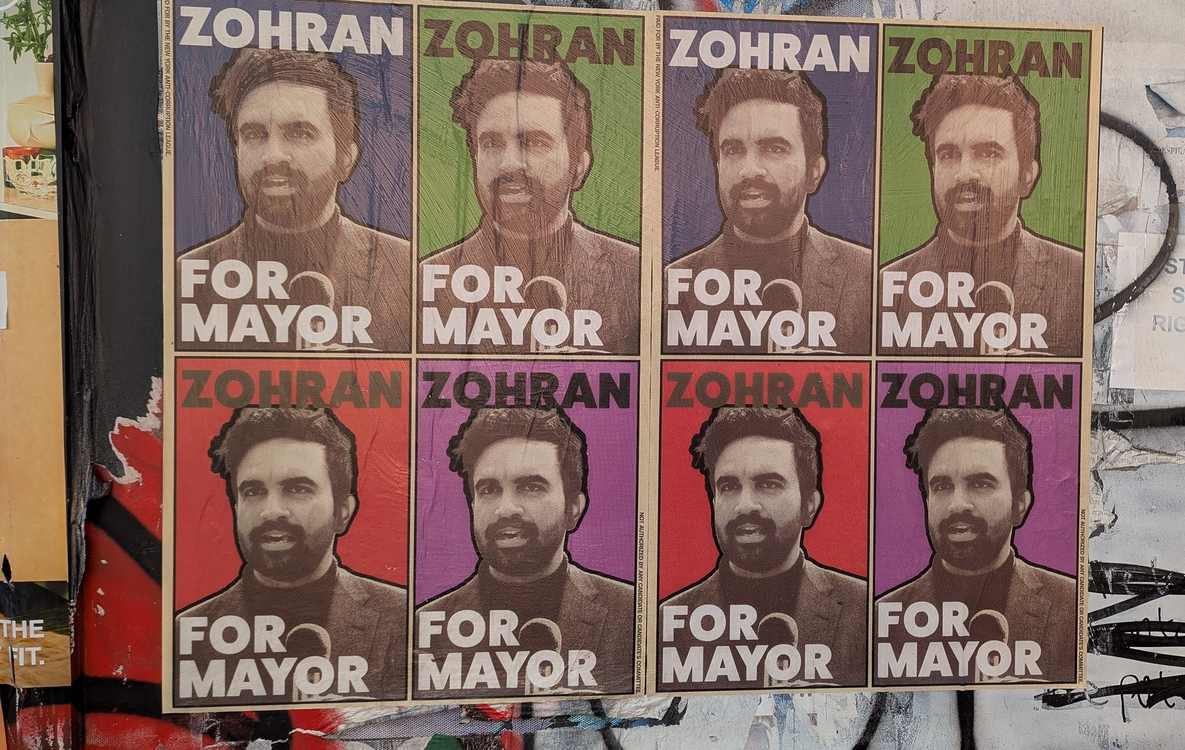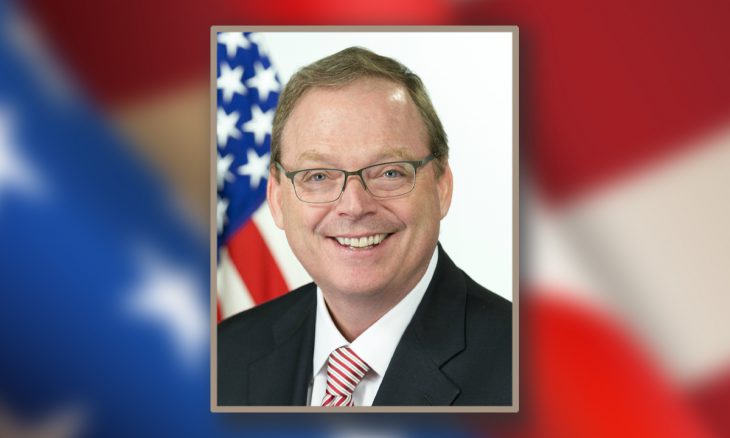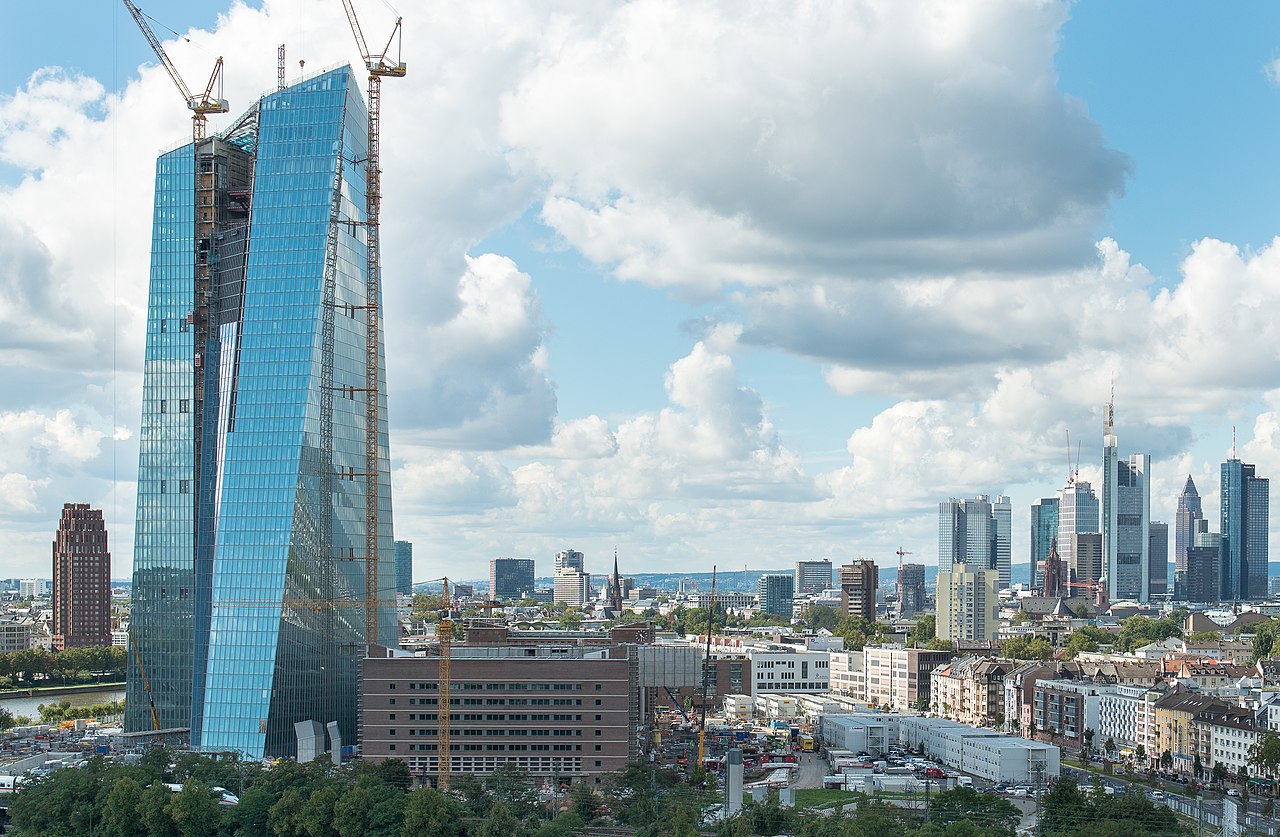Not long after the polls closed at 9 p.m. in New York City on November 4th, self-styled Democratic Socialist Zohran Mamdani was elected to be the 111th mayor of America’s most populous city.
Fueled by a voter base filled with frustrated young Millennials, Gen Z, and working-class New Yorkers, Mayor-elect Mamdani won the election on a pro-working-class ticket. Mamdani’s campaign promised to raise corporate taxes, provide free buses for working-class New Yorkers, expand the city’s UPK system, and create city-run grocery stores to help families buy groceries while food prices are skyrocketing.
This election saw a historic turnout; 2 million voters participated, an amount not seen since 1969. Now that the election the passed, the focus shifts to how Mamdani will deliver on his campaign promises and what obstacles he will face as mayor.
The wealthy reaction
The narrative presented by his opposition is that the advent of socialism in what could seriously be called the capital of capitalism is that the city’s business owners and wealthy will not accept any hostile policies.
With Mamdani’s goal of raising taxes on New Yorkers who make a million or more a year by 2%, and raising the corporate tax for companies in New York City, critics say these proposals could alienate businesses from coming to or staying in the city. Bill Ackman, a vocal critic of Mamdani and a New York-based hedge fund manager, has echoed this in social media posts and donations to the campaign of former state governor, Andrew Cuomo.
But it is key to mention that New York is home to over 400,000 millionaires, the most of any city in the world, according to Henley & Partners, a firm that helps their wealthy clients obtain residence and citizenship in nations around the world. In the past decade alone, that number has gone up 45%. The majority of the wealthy who have moved to NYC in the last decade are tech entrepreneurs, investors, and executives whose firms are listed on Wall Street.
This growth in the millionaire population has coincided with rising taxes in NYC, specifically in property taxes, the mansion tax, and new congestion pricing for anyone driving within Midtown Manhattan. Property taxes have grown in New York by 3.9% according to the NYC Department of Finance’s Fiscal Year 2026 tentative tax assessment. The 2019 “Mansion Tax” has been affected by the property tax as well, with a 3.9% tax on any property sale equal to or above $1 million. Congestion pricing alone charges $9 a vehicle whenever a driver enters Manhattan below 60th street between 9 a.m. and 9 p.m. This program has raised $365 million for New York by August 2025 and is projected to be $500 million by the end of the year, according to NY Governor Kathy Hochul.
Essentially, NYC millionaires were being ringed out before Mamdani’s election or even the announcement of his campaign in October 2024. The idea of the wealthiest New Yorkers moving out of the city because of his election and tax proposals would be an absolute about-face. John Boyd, an executive at a firm-location consultant, echoed this, saying to WaL “most companies will not leave New York. Many are taking a wait-and-see approach and looking for common ground on initiatives to work with the new administration”.
The aforementioned John Ackman himself is taking this approach, on election night, moments after Mamdani’s election win, Ackman tweeted to the Mayor-elect, offering his aid to Mamdani. Ackman, in the tweet, stated, “if I can help NYC, just let me know what I can do”.
Nevertheless, the potential for disruption was alarming, Boyd said, and while there are places in the country with far more favorable business climates, particularly in terms of taxes, he warned of a worst-case scenario where Mamdani’s now-superstar, now-proven brand of politics energizes similarly-minded Democratic factions elsewhere, and a “Mamdani Effect” occurs where previously favorable climates become unfavorable. But that’s elsewhere, and in the future.

A look into the future
Certain markets experienced notable declines on the Street during trading hours Wednesday, particularly real estate trusts and related businesses, as well as some corrections in the crypto markets. Finblog said CEOs were warning of possible 10-15% equity corrections in a worst-case situation under the Mamdani administration.
Mamdani began his life as Mayor-elect by announcing who would be the head of his transition team. Naming transition co-chairs Grace Bonilla, CEO of United Way of NYC, a nonprofit that helps low-income New Yorkers; Lina Kahn, the former head of the FTC under the Biden administration; and Maria Torres-Springer, who has held numerous positions within city government. All three share common ground with Mamdani in his plan to tax corporations more to help working-class New Yorkers.
When he’s sworn into office on January 1st, 2026, he’ll face an uphill battle to meet his campaign promises, many of which, his detractors point out, have proven to be destructive. His promise to further freeze rents is a form of rent control, a famously, unsuccessful attempt to lock housing and apartment prices that has been going on in New York City for decades. One might be forgiven for desiring to use the power of government to feed the people, but one can’t help but scratch their head at Mamdani’s assertion that food prices are driven by “price gouging” when grocery stores have some of the smallest profit margins among any large industry.
Governor Kathy Hochul has already pushed back against Mamdani’s free bus program, stating, “I cannot set forth a plan right now that takes money out of a system that relies on the fares of the buses and subways”.
Collaboration may be the key to his success. Democratic Governor Hochul is up for reelection in 2026, and with Mamdani driving a historic high voter turnout in NYC for his campaign, a Mamdani endorsement could play a key role in thwarting any Republican or primary challenger. Establishment Democrat Sen. Chuck Schumer sports an unfavorable polling percentage at 46%, according to RMG polling, and some of the current calls for Schumer to be primaried in his reelection campaign next fall could also be quieted down with an endorsement by Mamdani.
The democratic voter base has been moving further to candidates like Congresswoman Alexandria Ocasio-Cortez and Mamdani, specifically young millennial and Gen Z voters. Voters ages 18-29 showed overwhelming support for Mamdani according to exit polls at a 78% rate. WaL
We Humbly Ask For Your Support—Follow the link here to see all the ways, monetary and non-monetary.
PICTURED ABOVE: Mamdani for mayor signs in New York City. PC Eden, Janine, and Jim, CC 2.0. via Flickr



